 Between 4th – 8th September 2018, our member movement APSD-Agenda 21 is hosting a youth exchange on peace and conflict. The project is called “Messages from the future” and it is part of our annual work plan on 2018 “We are the others”. The youth exchange is co-financed by the ERASMUS+ Programme of the European Union. It is organized as an international simulation on four different topics which affect peace and conflict at global level: climate change, migration, gender inequality and extremism.
Between 4th – 8th September 2018, our member movement APSD-Agenda 21 is hosting a youth exchange on peace and conflict. The project is called “Messages from the future” and it is part of our annual work plan on 2018 “We are the others”. The youth exchange is co-financed by the ERASMUS+ Programme of the European Union. It is organized as an international simulation on four different topics which affect peace and conflict at global level: climate change, migration, gender inequality and extremism.
The final day of our youth exchange brought to our attention the topic of extremism with the help of a very interesting game and many balloons. The team of facilitators adapted ”The Island” simulation from the All Different, All Equal Education Pack in order to show that differences should be first acknowledged and then accepted, that tolerance and adaptability are key skills and that diversity should be celebrated.
Split into two different tribes, both worshiping balloons the participants took their roles seriously and started looking for a very rare type of balloon which could only be found with a special map. Of course each tribe possessed only half of the map and only by coming together and mending the two halves could the tribes find the balloons. The negotiations were tough and the members of the tribes had to learn the other’s culture in order to be able to communicate with them.
In the debriefing part they talked about how important it had been to stay open and to adapt to the situation by learning the language of the other tribe, sharing their habits and not using violent methods. They discussed about culture, what makes it important and about what brings the cultures into conflict. They reflected on who gains and who loses from a conflict and about the negative and positive consequences of opening up towards other cultures.
Next, the tribes prepared the photo-messages with their most important conclusion.
The day ended with a long evaluation and follow-up session, in which the participants reflected on their learning, filled-in their youth passes and discovered what competences they had developed throughout the week. They also made plans for hosting the travelling exhibition and found out who their secret friend had been.
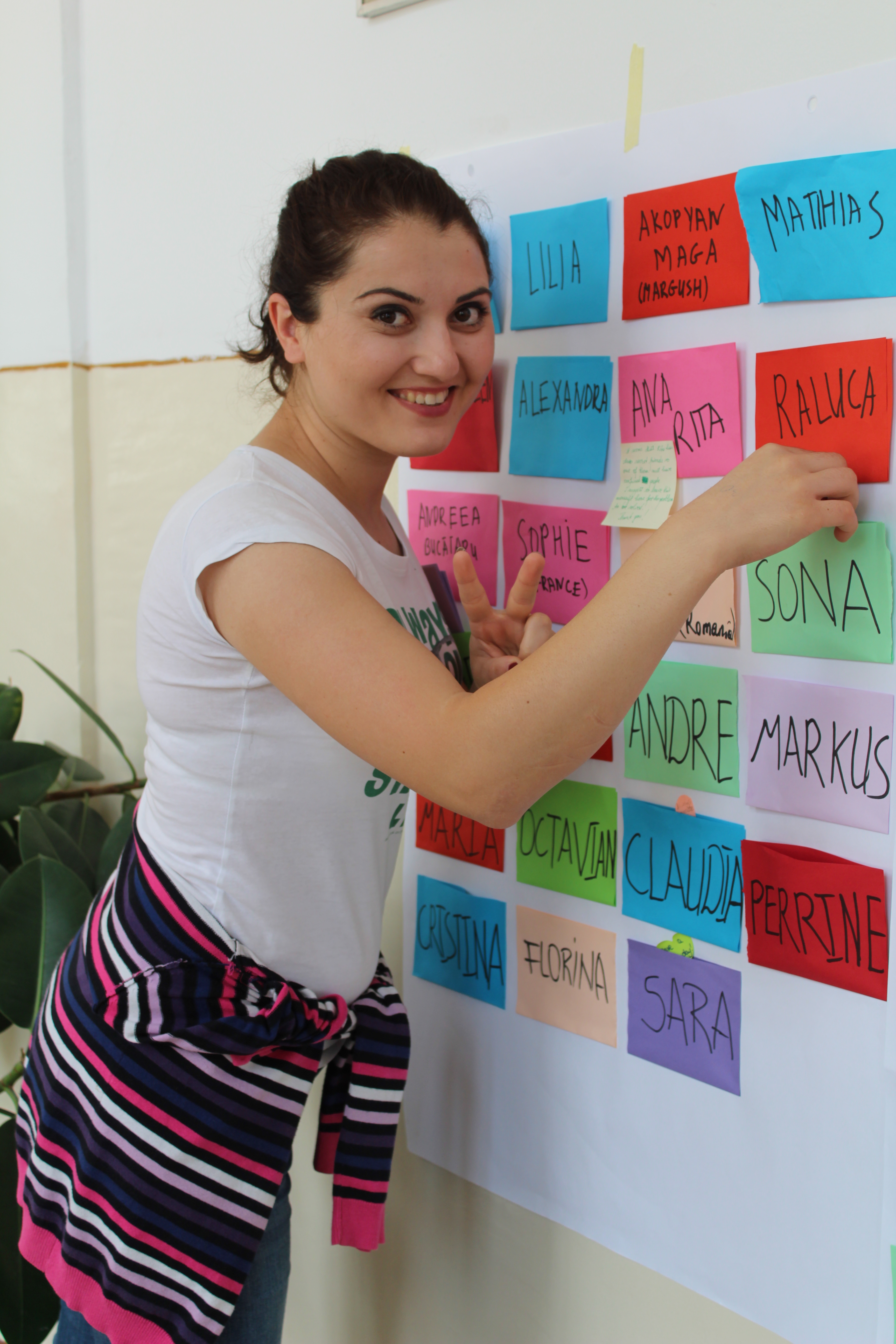
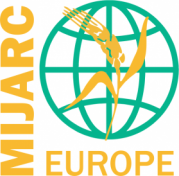
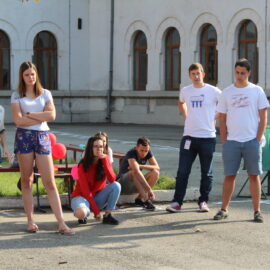
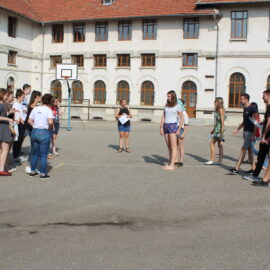
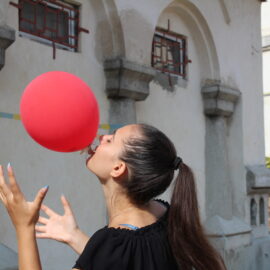
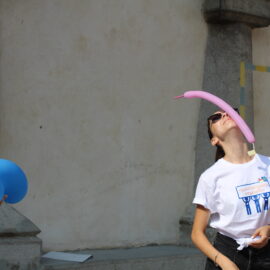
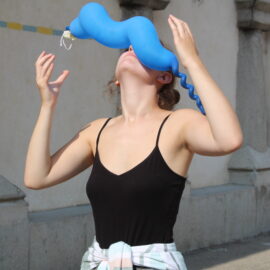
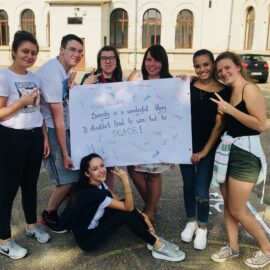
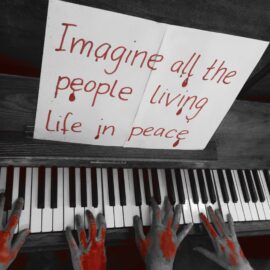
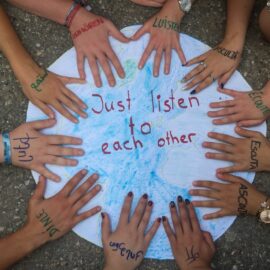

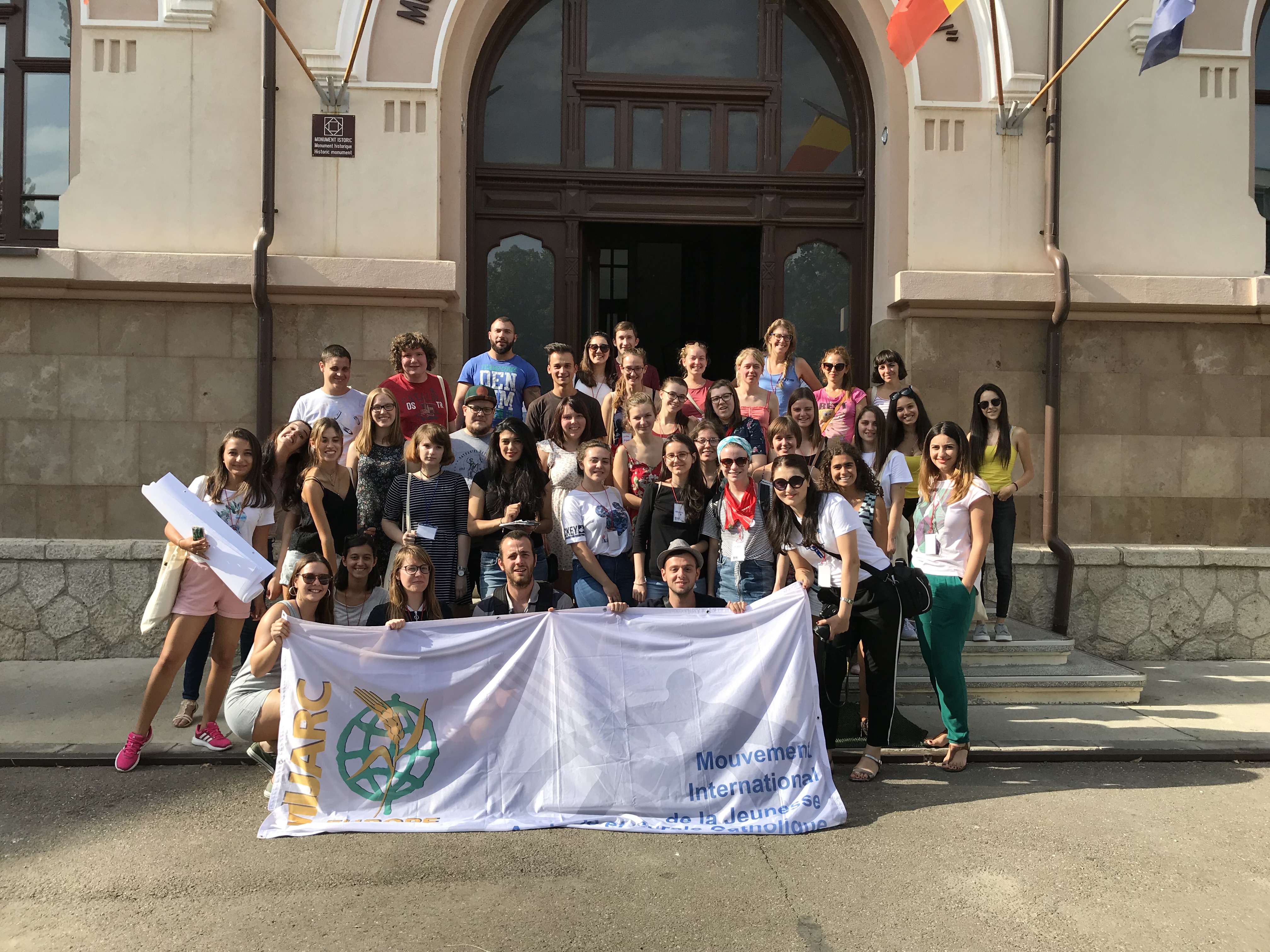
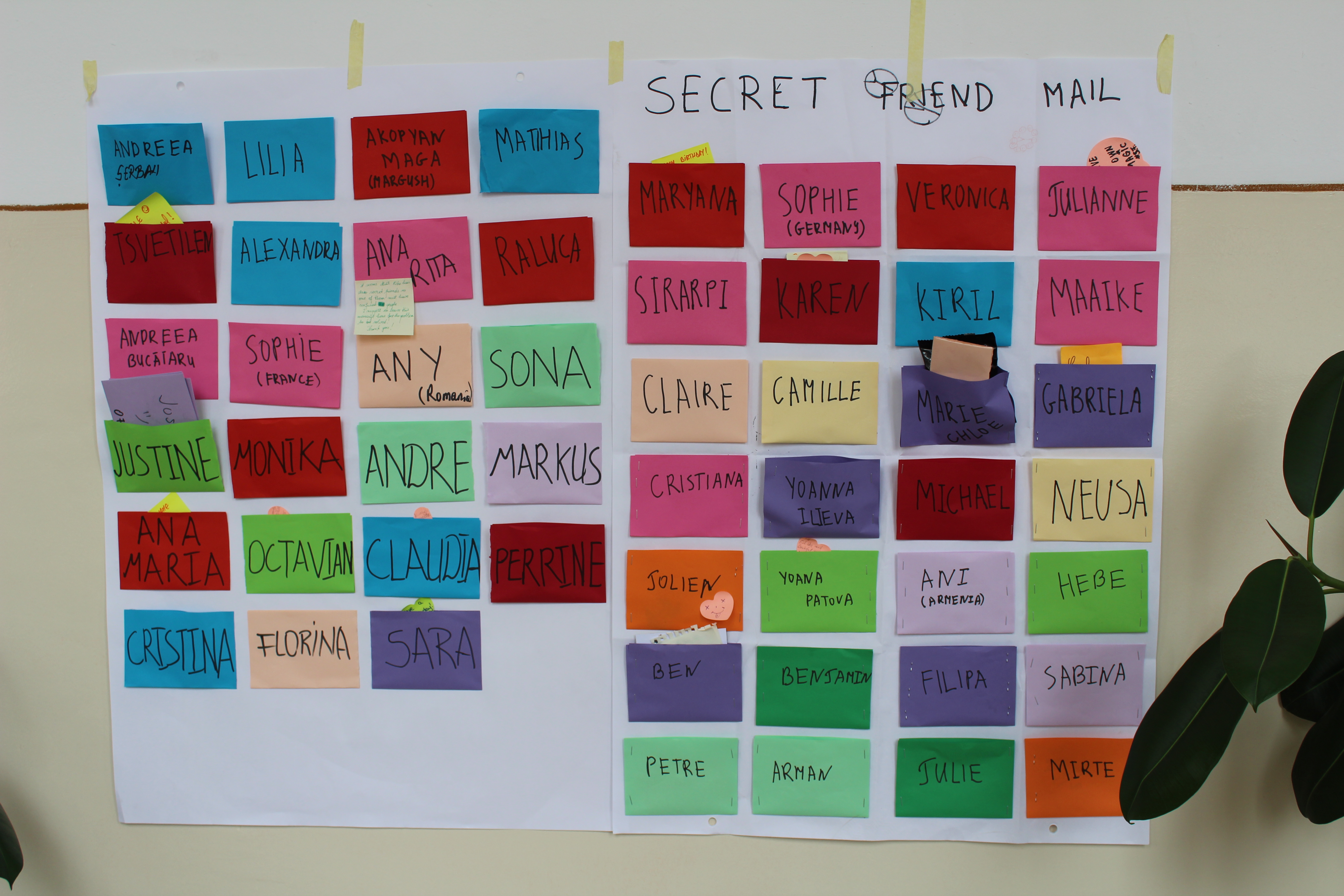
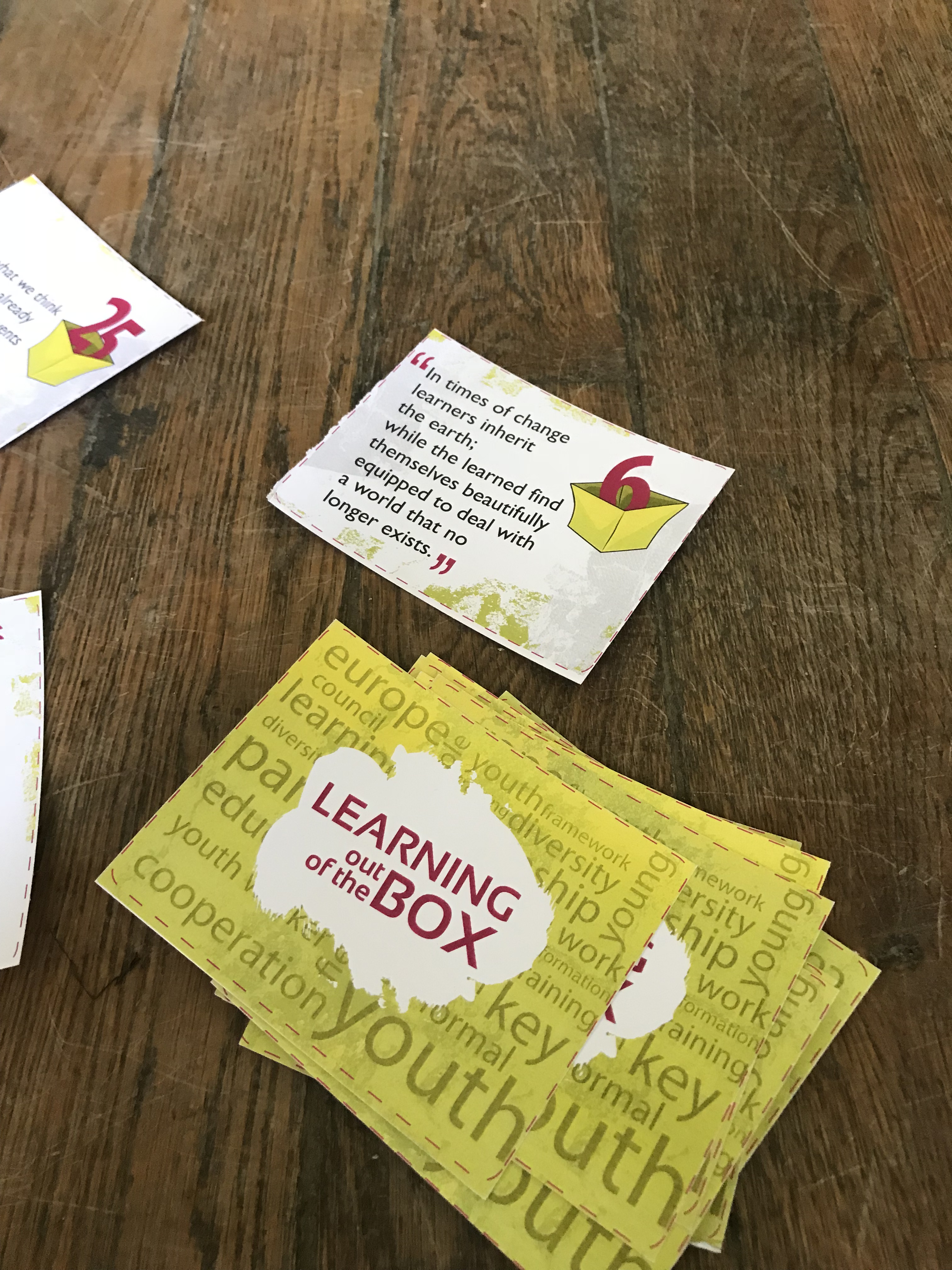
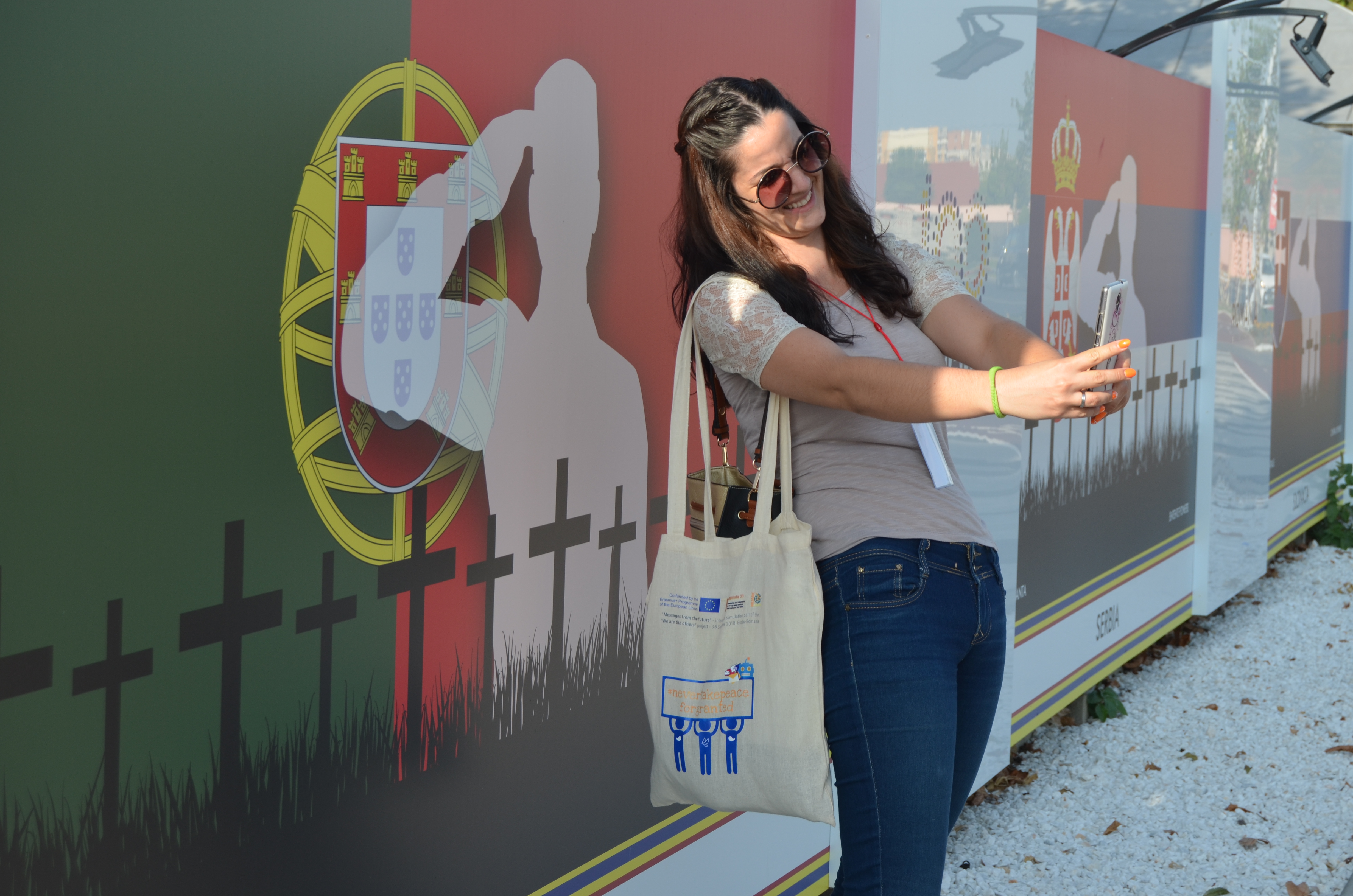
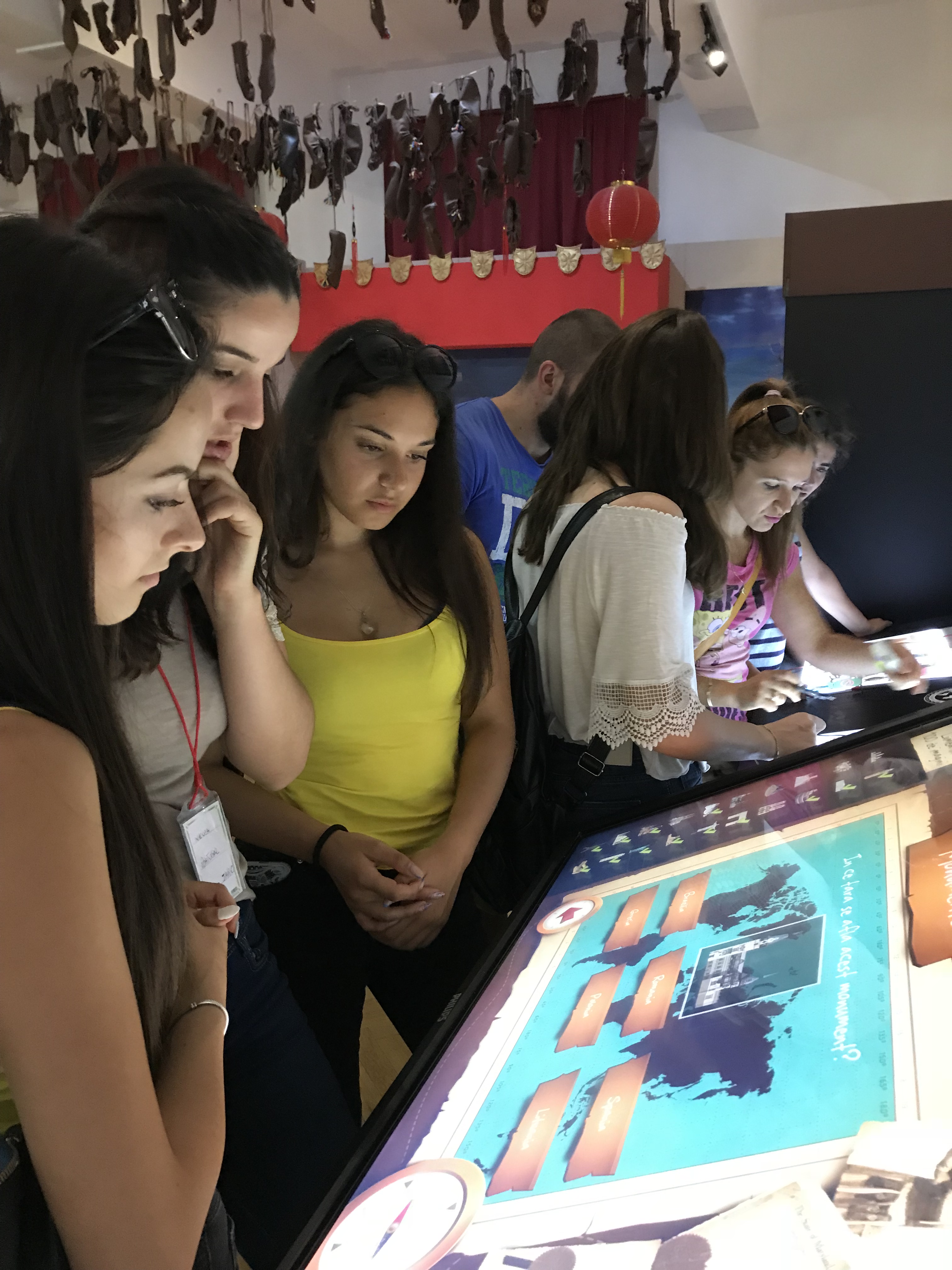
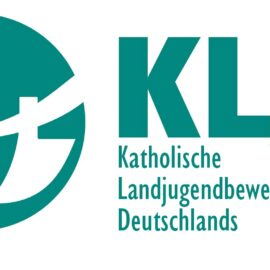
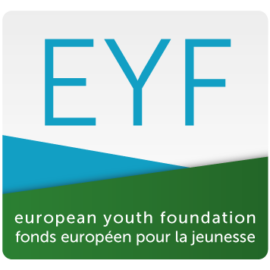
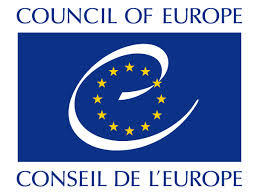
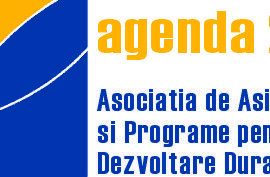
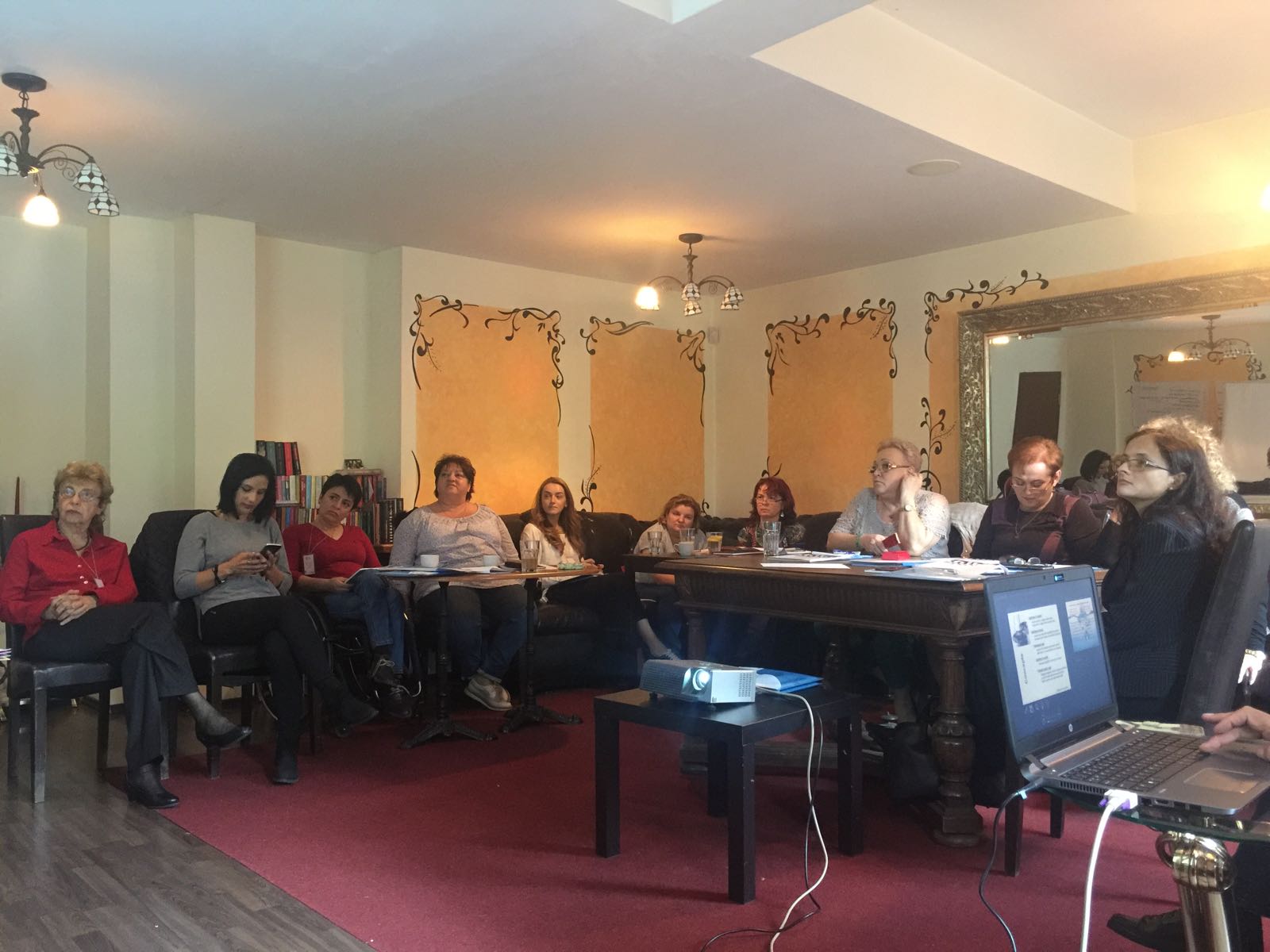 One of the main conclusions of the meeting was the importance of education, in formal and non-formal contexts, for both victims and authors of extremist acts. The representatives of the school inspectorates who were present at the meetings suggested that the topic could be approached by the Master teachers during the counselling classes. Another conclusion was that it would be very important if there were funds dedicated to organizing proper information/awareness-raising sessions or workshops/seminars with students of all ages.
One of the main conclusions of the meeting was the importance of education, in formal and non-formal contexts, for both victims and authors of extremist acts. The representatives of the school inspectorates who were present at the meetings suggested that the topic could be approached by the Master teachers during the counselling classes. Another conclusion was that it would be very important if there were funds dedicated to organizing proper information/awareness-raising sessions or workshops/seminars with students of all ages.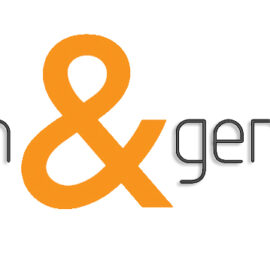
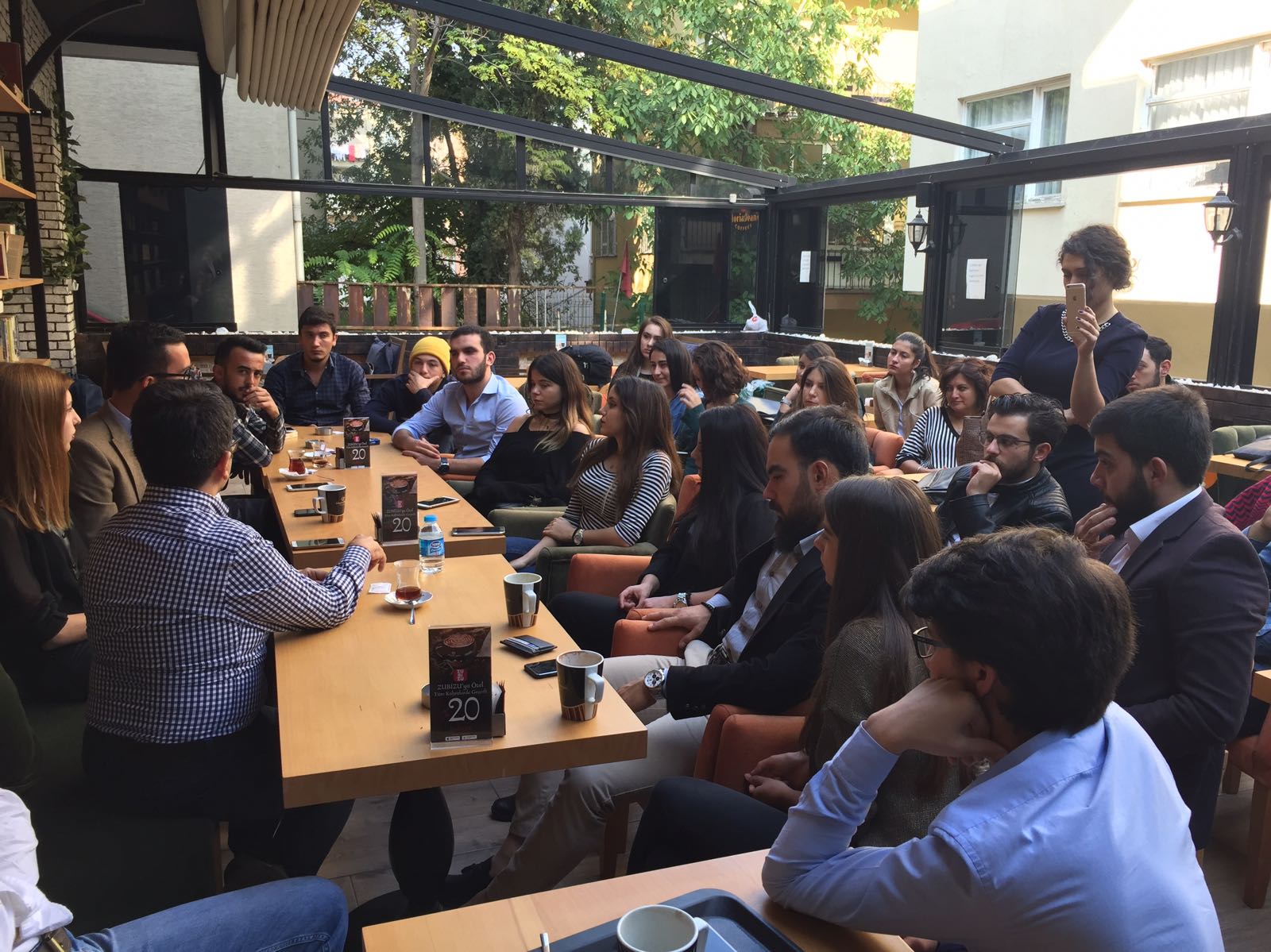 The round tables started with a presentation of MIJARC Europe and the projects it had developed with S&G and it continued with a session in which those attended had the chance to reflect on their own knowledge, attitude and general feelings towards extremism and radicalization. Next, the attendees were involved in a discussion with a professor for Gazi University, trying to find an answer to the question “What can be done in order to prevent or reduce the frequency of these acts?”. The SWOT analysis method was used for the suggested solutions. The entire event enabled the participants to enrich their knowledge on the topic of extremism and to use it in order to bring about a change in attitude in their communities.
The round tables started with a presentation of MIJARC Europe and the projects it had developed with S&G and it continued with a session in which those attended had the chance to reflect on their own knowledge, attitude and general feelings towards extremism and radicalization. Next, the attendees were involved in a discussion with a professor for Gazi University, trying to find an answer to the question “What can be done in order to prevent or reduce the frequency of these acts?”. The SWOT analysis method was used for the suggested solutions. The entire event enabled the participants to enrich their knowledge on the topic of extremism and to use it in order to bring about a change in attitude in their communities.